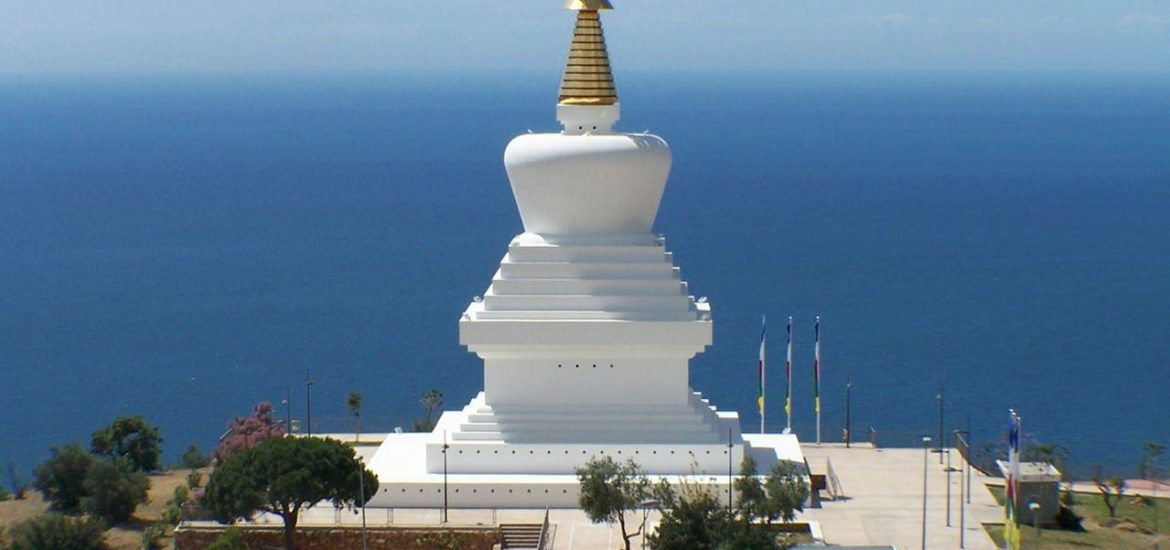By Dr. José Antonio Rodríguez Díaz, Department of Sociology, Faculty of Economics and Business, University of Barcelona, Spain
6. INTO THE FUTURE
A large majority of Buddhists see an open future: 44% believe that everything will change, although they do not know how, and 33% believe that the crisis we have experienced is an opportunity to change and make everything go better. In contrast to this open and/or optimistic vision, a quarter has a vision of a predetermined and non-positive future. Almost 8% believe that nothing will change and 17% believe that everything will be worse in the future. It is interesting to note that Theravāda followers (40%) stand out for considering the recent crisis as an opportunity for a better future compared to almost half of mahāyānas and vajrayānas who see the future as uncertain, although open. And women stand out more than men for believing that the crisis is an opportunity while men stand out a little more for being more pessimistic (deterioration or everything will remain the same). Change and impermanence are central to their vision of an open future, unknown or better.
Creating Better Futures
Associated with this idea of open futures, and obviously linked with the Law of Karma, the survey responses show that most Buddhists do something for a better future. Only 2.4% respond that they cannot do anything.
The focus of Buddhists’ action for a better future is caring for the environment (72% of Buddhists do something in this area) and helping others (70%). Personal changes in lifestyles and consumption (63% and 65% respectively) are also used as instruments to advance towards better futures. Just over half of those responding to the survey say that to achieve this goal they are being, or trying to be, less selfish (59%) and devoting more time to being closer to loved ones (55%).
The two main lines of action towards better futures are focused on the environment and love for others. For a better environmental future, Buddhists act in the present with direct actions, with changes in lifestyles and being less selfish. Orientation towards the well-being of others, as part of being less selfish and personal changes, translates into helping others and being more with loved ones. Actions for better futures can be seen as expressions of love not only for all living beings today but also for those of the future.
The future (futures) is a key element in the Buddhist worldview. Impermanence and the Law of Karma are the basis of the vision of open futures and futures under construction. And both the spiritual path and personal development are oriented towards futures which will be the result of present actions. The futures and their construction are central to their Buddhist paths.


